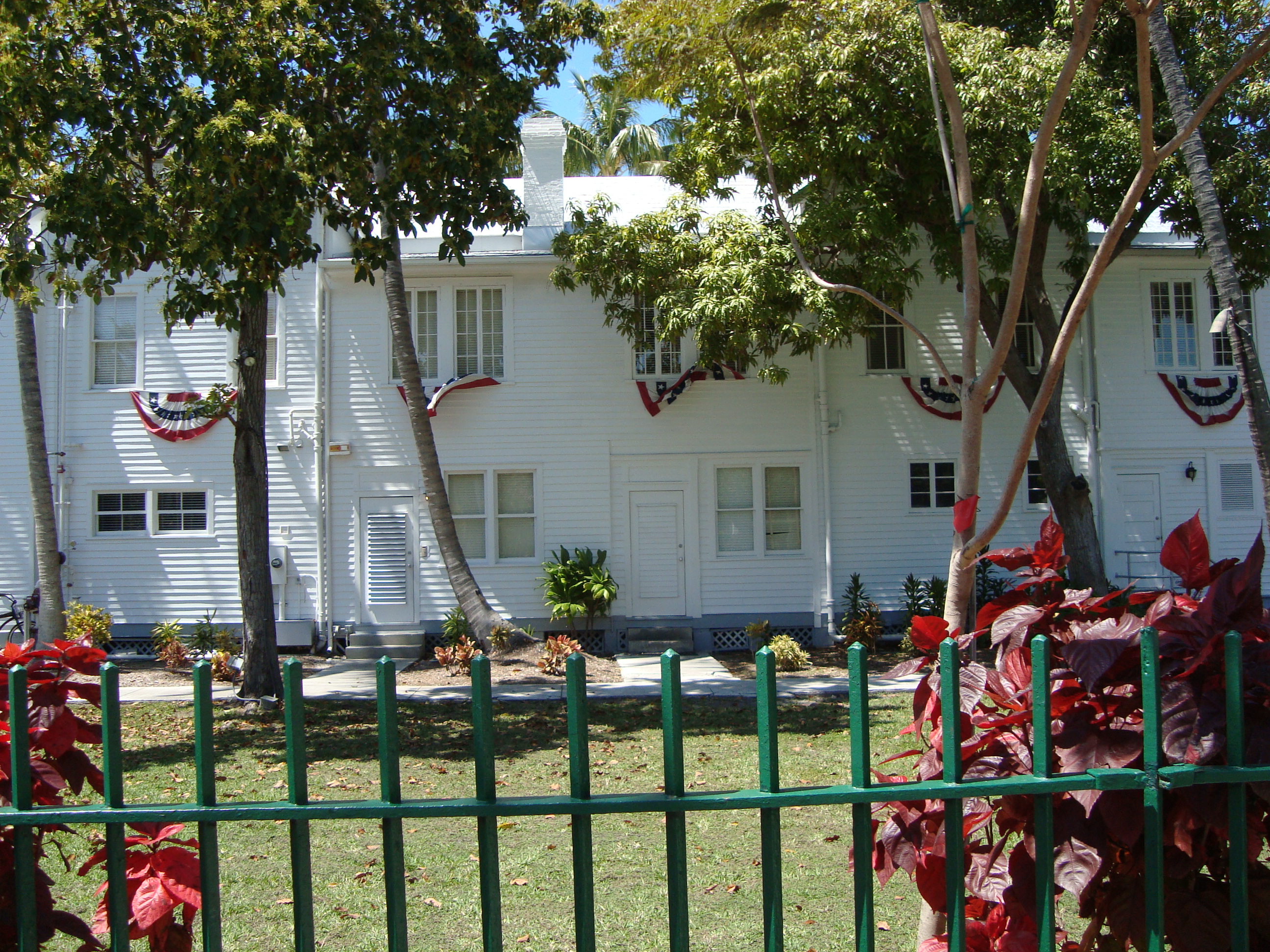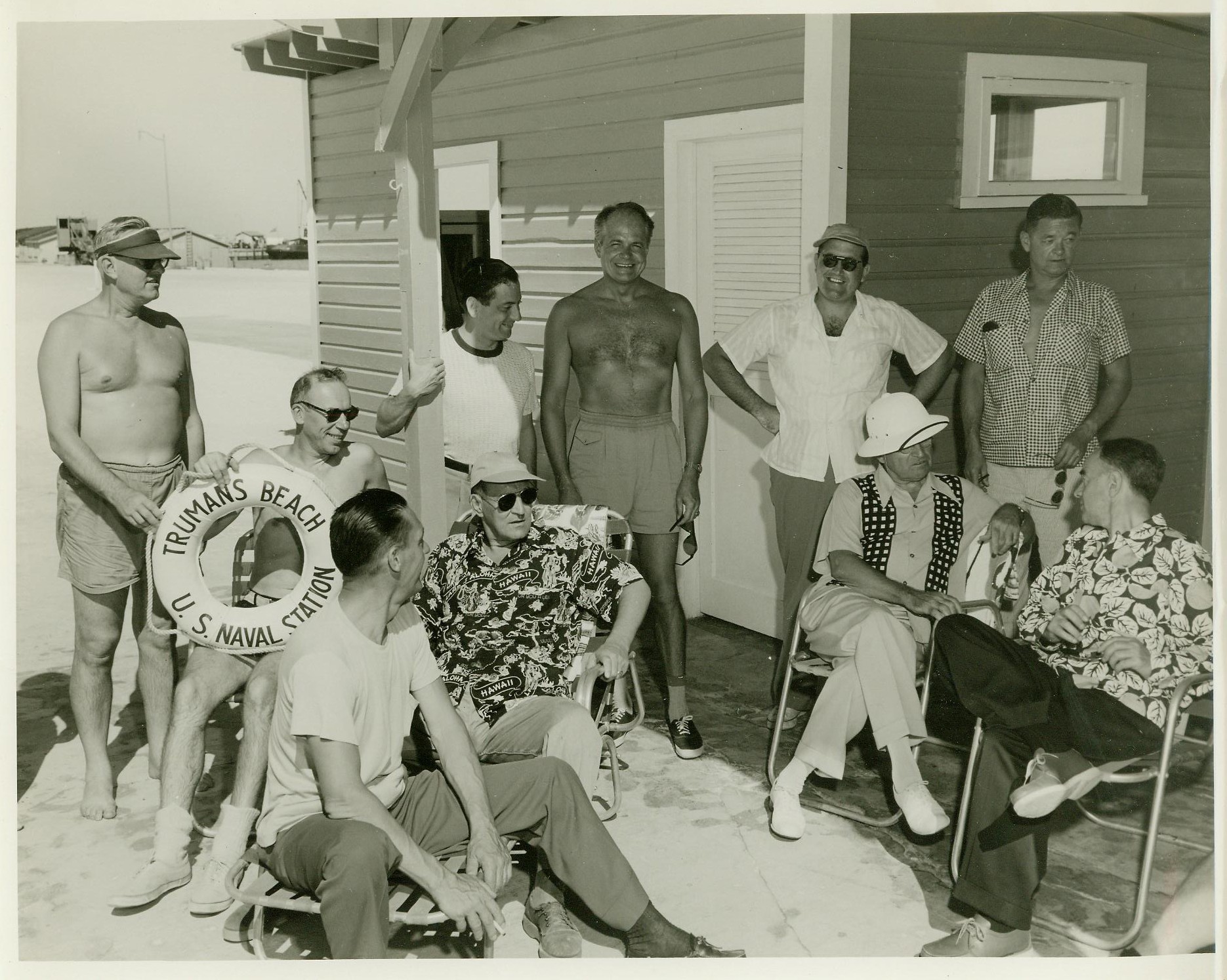Typically my Saturday post centers on a trip using the WayBack machine to revisit some presidential archive, but I confess I’m too distraught over the President’s monumental gaffe to even bother with my usual topic. You know the gaffe I mean – Obama admitted during his press confidence two days ago that he didn’t have a clue regarding how to defeat the Islamic State (IS) that is currently overrunning Iraq and Syria before coming to attack us here. It’s hard to exaggerate how big a gaffe it is. But don’t take my word for it. Here’s Human Events John Hayward’s measured analysis: “You can save your breath, frantic Obama apologists. There is no way to spin the unmitigated disaster of this hapless President toddling to the podium yesterday and announcing to the world that he doesn’t have a strategy for defeating ISIS yet. The pants-wetting terror that immediately gripped everyone in the White House, and every dead-ender Obama-worshiping pundit, tells the true tale of how epic a blunder this was.”
Ok, John – who admittedly leans a bit conservative – might be slightly hyperbolic in his assessment but still, when he says this gaffe was “nothing less than Barack Obama conceding victory to ISIS in Round One of the new great war” I get concerned. This is particularly the case when “non-partisan” media sources seem to concur. For example, Time’s Zeke Miller, referencing the “no strategy” statement, wrote that, “President Barack Obama seemed to commit the worst of Washington gaffes Thursday when he updated the American people about the ongoing threat from Islamist militants wreaking havoc in Iraq and Syria.” The New York Times agrees: “Lawmakers and television commentators expressed bewilderment and alarm that Mr. Obama had no plan for dealing with a militant group in a war-torn country where the death toll is nearing 200,000.” The Washington Post’s Jennifer Rubin was more concise: “Obama’s speech was a train wreck from start to finish.”
The twitterverse was no kinder to Obama. For example, CNN’s The Lead’s Jake Tapper, publicizing his upcoming program, tweeted: “Obama’s foreign policy criticized in wake of ‘no strategy’ gaffe http://cnn.it/VTFP90 – @jaketapper reports #TheLead”. Stephen Hayes tweeted “’We don’t have a strategy yet’ not only describes Obama admin & ISIL now but six years of Obama admin & Al quaeda/terrorism”. Even the BBC piled on in noting that the President had committed the very definition of a gaffe: “Mr Obama’s line is a textbook example of veteran journalist Michael Kinsley’s definition of a political gaffe, which occurs when a politician tells an “obvious truth that he isn’t supposed to say”.
Telling the truth? No one will dispute that we are in deep trouble when the President begins doing that!
Note that the gaffe doesn’t just affect Obama’s political standing. The Washington Post’s Aaron Blake suggests that Obama’s gaffe may cost the Democrats control of the Senate: “But it certainly helps the GOP make the case that Obama’s foreign policy continues to ‘lead from behind.’ And to the extent foreign policy matters in the coming election (which it’s starting to look like it could), that could put some red-state Democrats in tough positions.” This is because, as the Washington Examiner‘s Brian Hughes notes, the remark cements the prevailing view that when it comes to foreign policy, Obama is in over his head: “Rather than the average inartful comment that disappears after a few news cycles, the no-strategy line could help cement charges that Obama lacks the competency to handle multiple crises at once.” Politico’s Josh Gerstein concurs: “[H]is awkward choice of words to describe a policymaking process still in midstream seems likely to haunt him for some time.”
This is because the President’s remarks, as Gerstein reminds us, are part of a longer pattern in which the President consistently underestimates IS’s threat: “The impact and the danger of the no-strategy remark could be exacerbated by earlier Obama comments in which he seemed to dramatically underestimate the ISIL threat.” More importantly, Obama’s statement, as CNN’s Barbara Starr points out, could embolden IS: “But perhaps worth remembering that ISIS fighters, ISIS leadership will hear this statement that the U.S. right now has no strategy to deal with them. I don’t think anybody thought a military strategy was the whole answer, but no strategy?”
And what does this do to Obama’s historical legacy? Blake thinks the gaffe “strikes us as a legacy problem for Obama. For a president confronting a bunch of overseas crises in the final two-plus years of his presidency — including ones that involve or could involve U.S. force – ‘we don’t have a strategy yet’ could become pretty unhelpful shorthand for his foreign policy if things don’t go well.” The American Spectator’s Thomas Lifson, in an article titled “Obama’s no strategy gaffe may become the ‘read my lips’ signature of a failed presidency” is more candid: “President Obama has now placed himself in an extraordinarily vulnerable position should ISIS act against the American people with its customary savagery. His arrogant dismissal of it with a sports metaphor, his admission of no strategy, and his track record of dithering and unseriousness combine to make his gaffe into what could become his politcal epitaph.”
I could go on citing sources proving what an umitigated, crisis-inducing, presidency-ending Titanic-like foreign policy blunder this statement was, but fortunately IJS does it for me, linking to “17 Reactions to the ‘We Don’t Have a Strategy’ Gaffe That May Haunt the Rest of Obama’s Presidency”. And, let’s be honest – it’s not like Obama didn’t realize his presidency had essentially ended when he made that remark; as the New York Daily News notes, Obama sent out his press secretary Josh Earnest to try “backtrack from his ‘no strategy’ gaffe”, but then the President realized the enormity of the gaffe and said essentially “The hell with it, I’ll go golf and raise some money.”
At this point the damage is already done. Frankly, it’s not clear to me why the President soldiers on in the face of this enormous mistake. As gaffes go, this is pretty devastating – worse even than “he didn’t build this”, or Obama’s reference to bitter, gun-toting bible-thumpers with no teeth. I don’t need to state the obvious – journalists covering the presidency are not the types to exaggerate an incident for the sake of wooing viewers or increasing site visits. No, this isn’t about hyping a story to generate ratings – it’s a sober, clear-headed analysis of a presidential statement that is likely to go down in history as perhaps the greatest presidential gaffe of all time.
Sigh. I’m going back to bed. Wake me when the President resigns.


